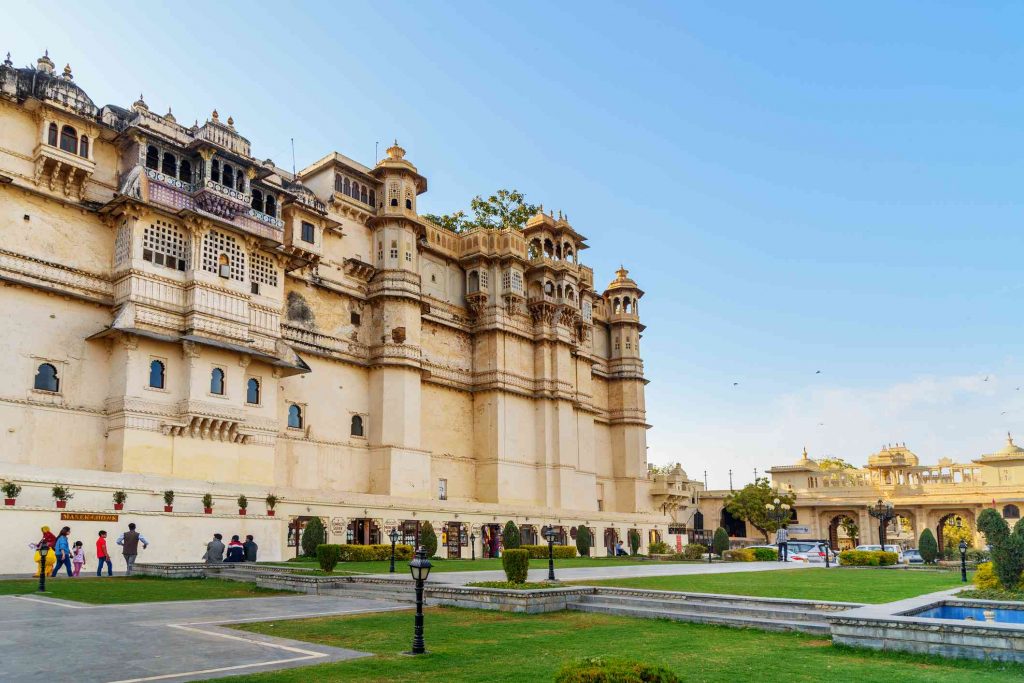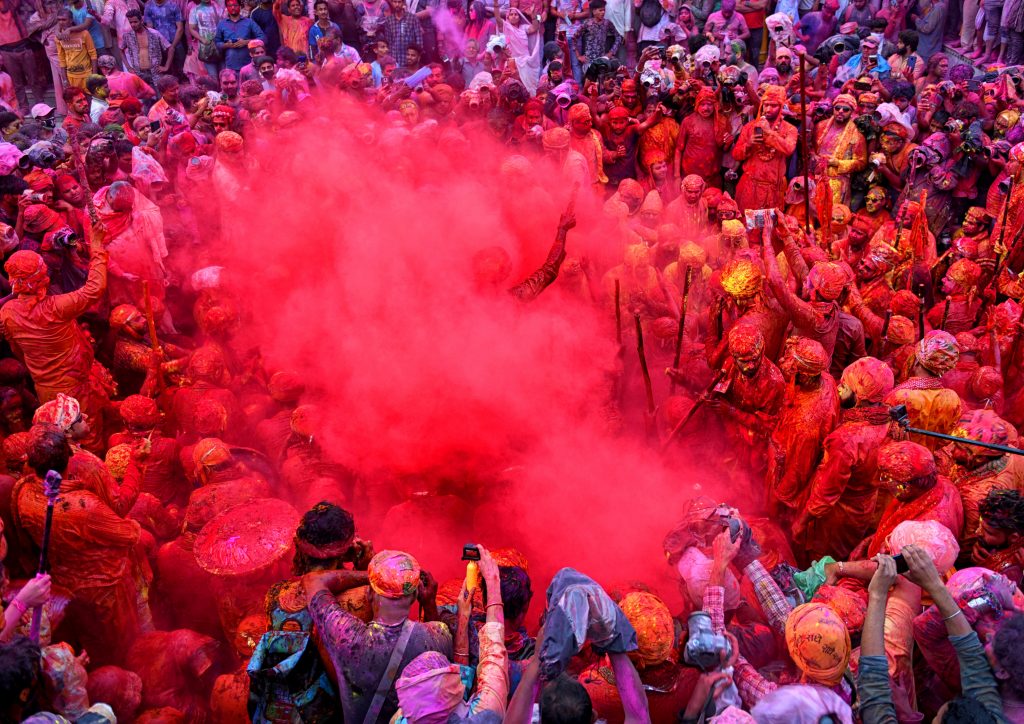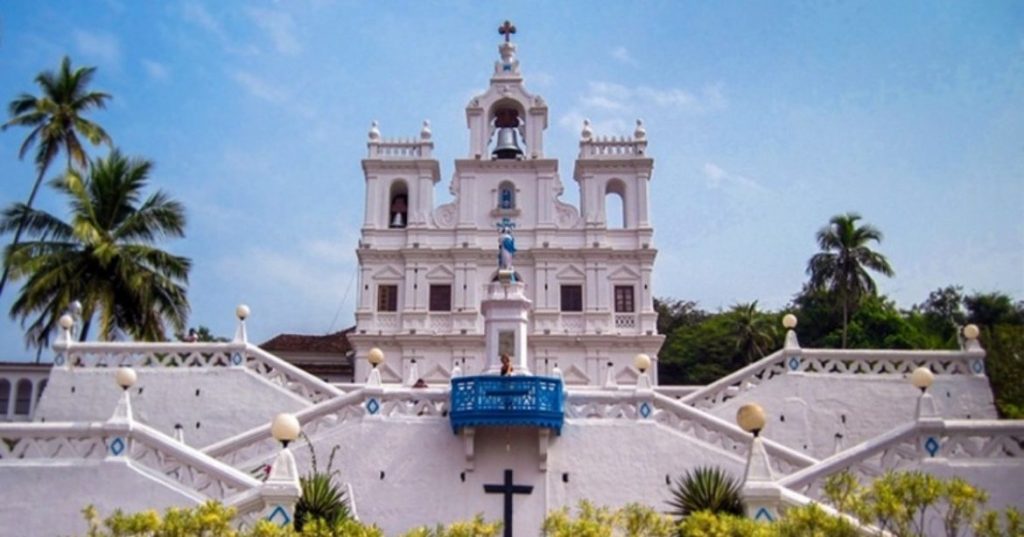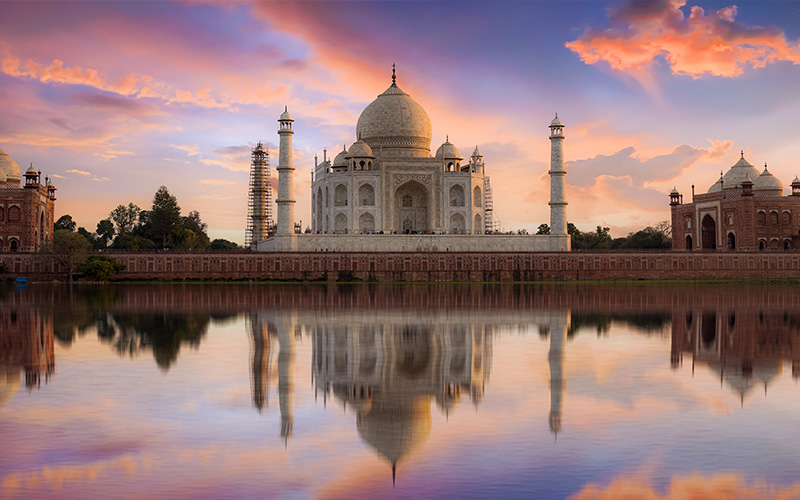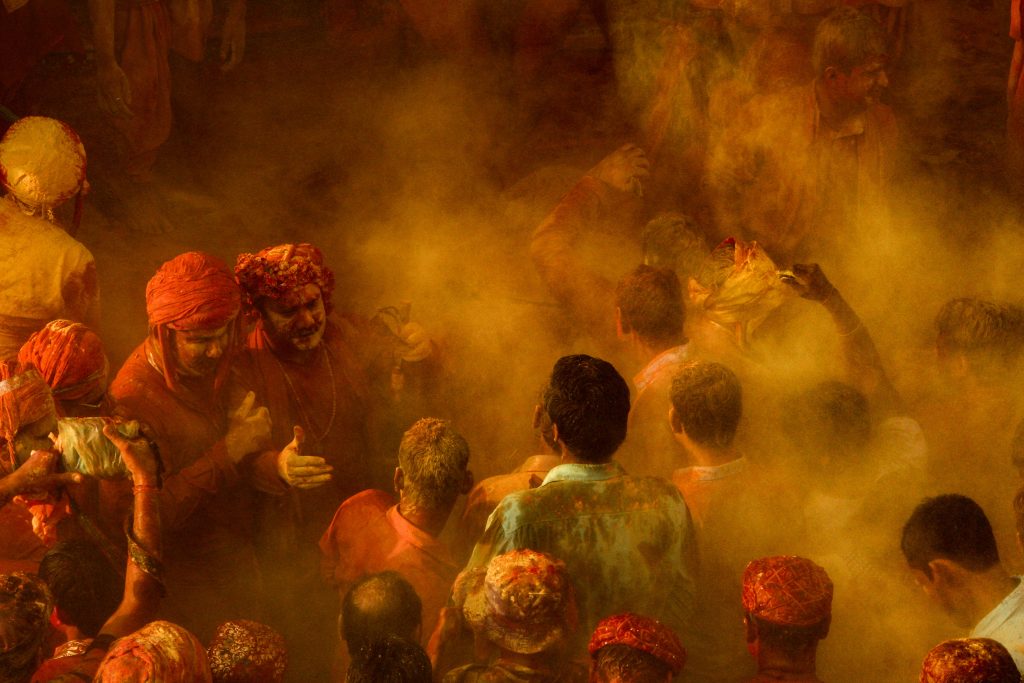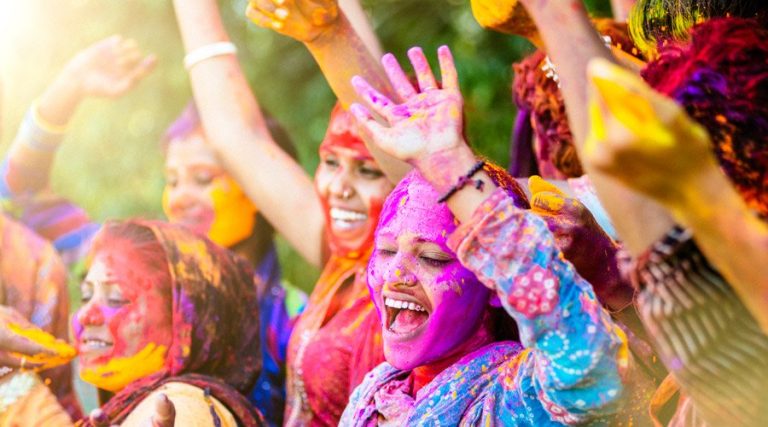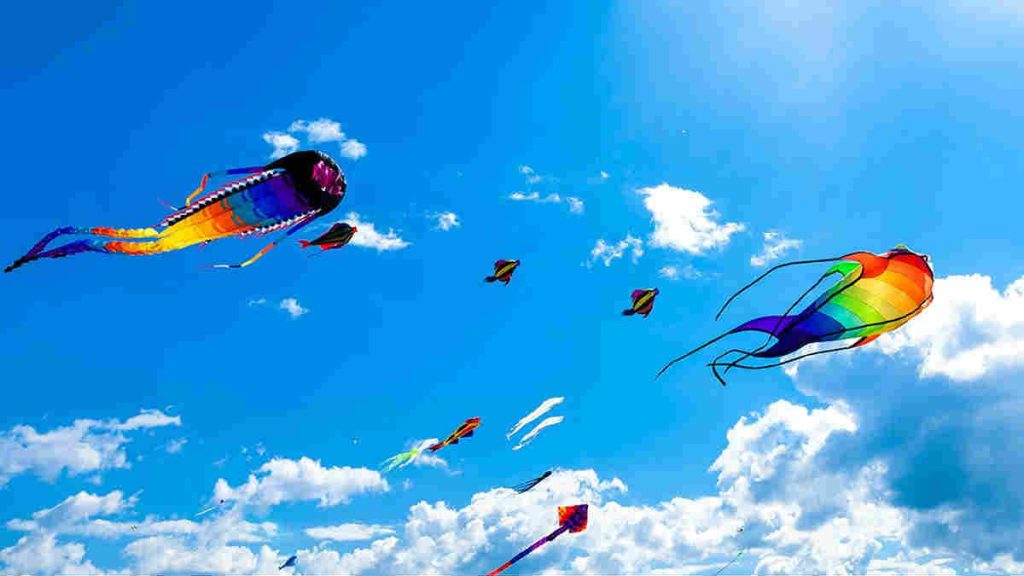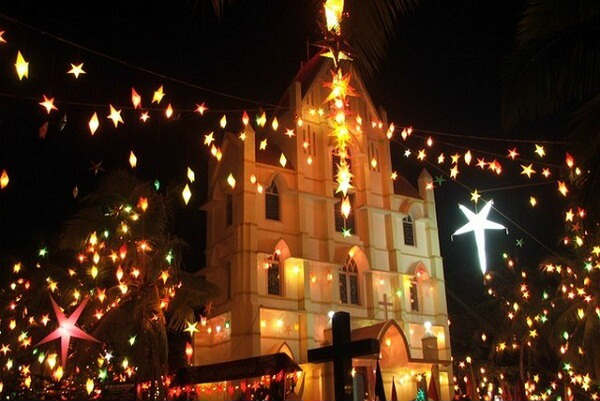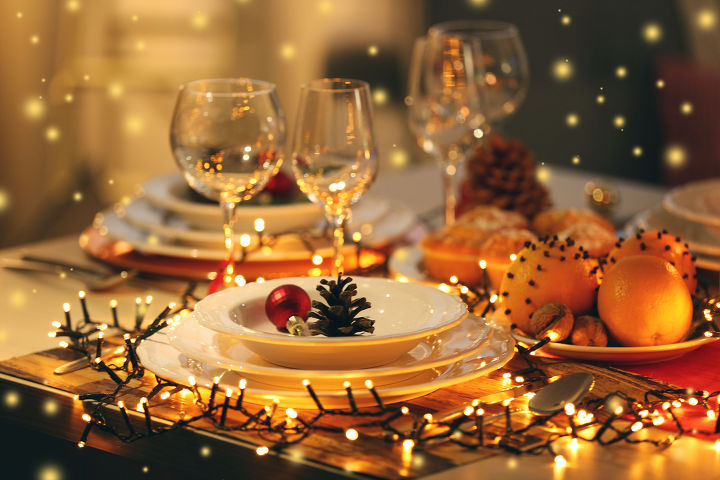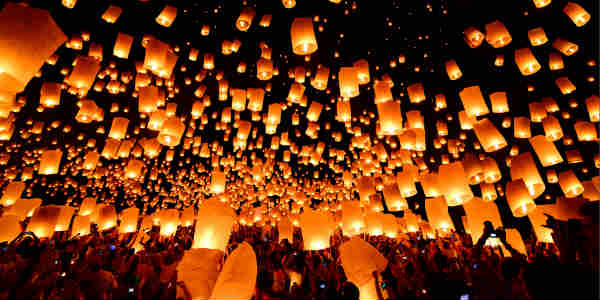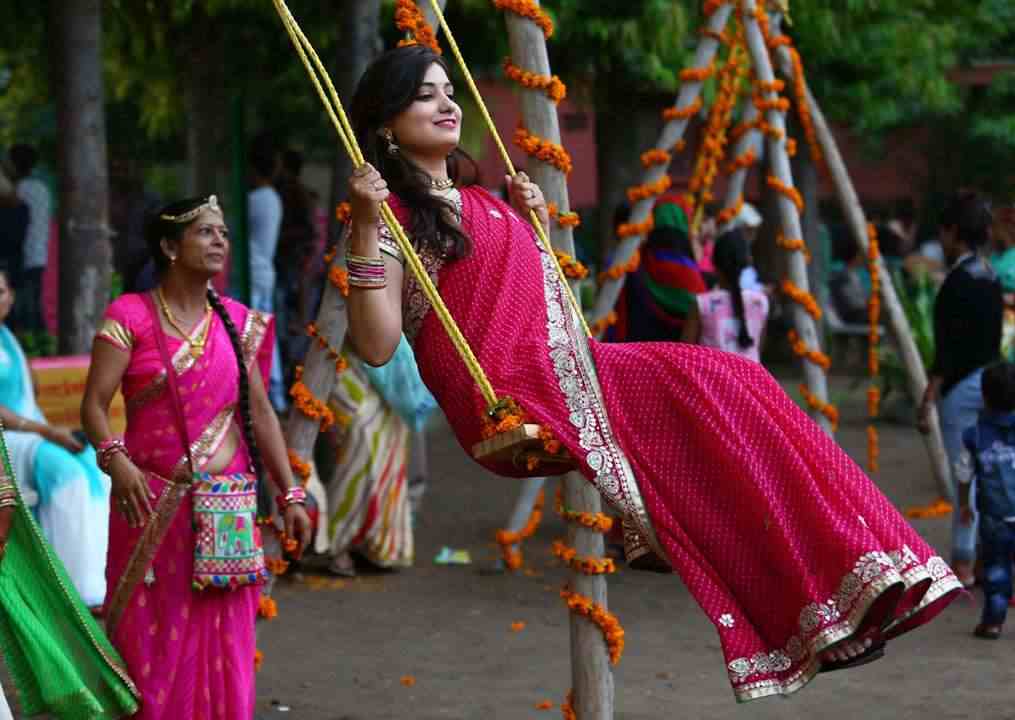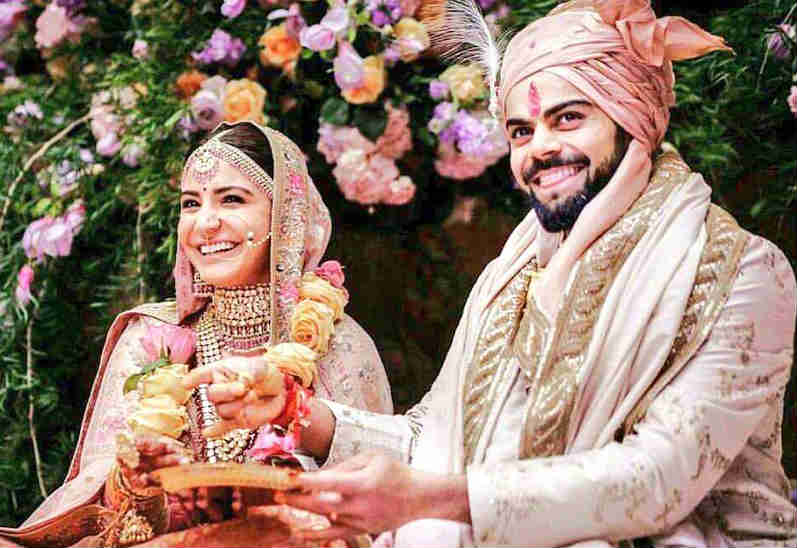Diwali – Festival of Lights
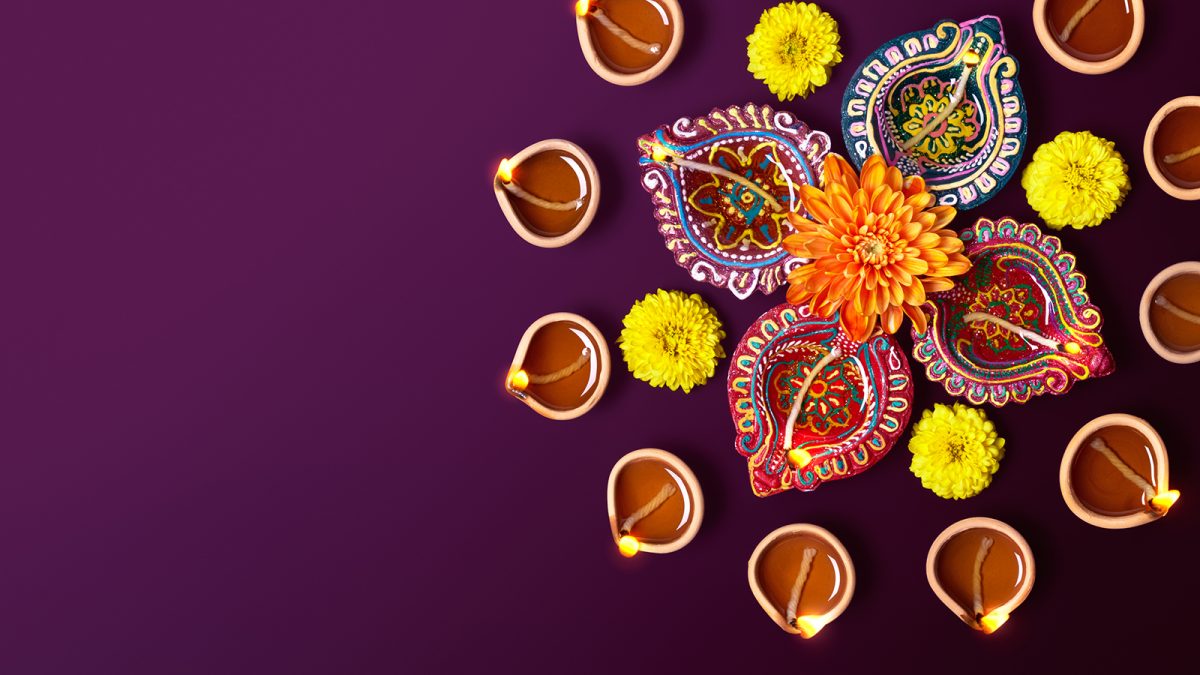
Diwali, also called Deepawali or Festival of Lights, is one of the most important festivals that are made in India and Nepal. It has a religious aspect, and is celebrated by Hinduism, Sikhism and Jainism. In Nepal it is also celebrated by Buddhists. The festival celebrates the victory of good over evil. It is celebrated on the new moon of the month of Kartika, which is usually between October and November, and the party begins two days before that date and two days later. This year celebrate Diwali on 27 October, Sunday.

Diwali – Festival of Lights
Diwali – Festival of Lights : During these days they decorate all the houses and are illuminated with lights, there are fireworks and they distribute gifts and sweets. There are many legends associated with Diwali. According to a theory of Diwali, this could have originated as a harvest festival, signaling the last harvest of the year before winter. In agrarian societies this date coincides with the time of accounting for each year and beginning of the following year. The deity of wealth in Hinduism, the god Lakshmi, is venerated at this time and everyone prays for the coming year to be good. This is the common factor in all Diwali celebrations in all parts of the Indian subcontinent.

The celebration of the Diwali – Festival of Lights consists of six days in most places of northern India and Maharashtra. Each day, except Diwali Day, it is called depending on how it is designated in the Hindu calendar.
Diwali – Festival of Lights : In northern India is celebrated the return home of King Rama of Ayodhya after 14 years of exile in the forest. The people of ayodhya (the capital of their kingdom) welcome Rama with rows of illuminated lamps, and there comes his name, Deepawali, which has been shortened in Diwali.
Diwali – Festival of Lights : In South India Diwali marks the day that the god Krishna defeated the demon Narakasura.

Diwali – Festival of Lights : In Jainism with Diwali is marked the nirvana of Lord Mahavira which occurred on October 15, 527 AD. The Sikhs have always celebrated the diwali, but in any case the meaning for them increased when on that day the sixth Guru, Guru Hargobind Ji, was released after his imprisonment along with 52 Hindu kings (political prisoners).
Across India, Diwali is considered a national holiday, and the aesthetic aspects of the festival are enjoyed by most Indians regardless of their faith.
The Meaning of Diwali – Festival of Lights
The festival marks the victory of good over evil, and the illumination of spiritual darkness. Symbolically, the return of goodwill and faith after his absence is marked, as indicated in the story of Ramayana.
On Diwali – Festival of Lights day people dress in new clothes and share sweets and snacks. Some companies in northern India start their financial year on this day and a new account book opens.

Spiritual Meaning of Diwali – Festival of Lights
Since Diwali is popularly known as the “Festival of Lights”, it has acquired the main spiritual meaning of “inner light consciousness.”
It is chiefly within Hindu philosophy that there is something outside the physical body and the mind which is pure, infinite and eternal called Atman. As we celebrate the birth of our physical being, Deepavali is the celebration of the inner light, particularly the knowledge of that which eclipses the darkness (removing obstacles and dissipating ignorance), awakening individually towards a natural truth, not as a body, but as an immutable, infinite and transcendental reality. Realizing that the Atman comes from love, compassion and universal awareness of the unity of all things (the highest knowledge). This brings Ananda (joy and inner peace)

Diwali celebrates the above mentioned with a festival of fireworks, lights, flowers, sharing sweets and prayers. Although the story of Deepavali varies in certain regions, the essence is the same – rejoicing in the inner light (Atman) or being behind the reality of things (Brahman).
Now that you know the Diwali – Festival of Lights, it’s time to continue exploring the world. Tell me what you think about this post and if you would like to add another option. Do not forget to share this post with your friends.
If you are also traveling in India please read these blogs also Travel to India in August, Travel Checklist for India, Common Tourist Scams in India, also read our Spanish blog Viaje a India Blog, and Italian Blog Agenzia Viaggio India

